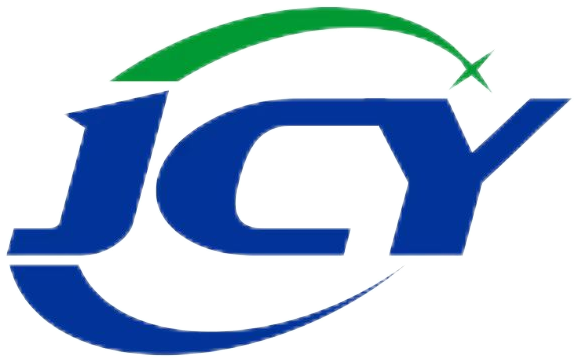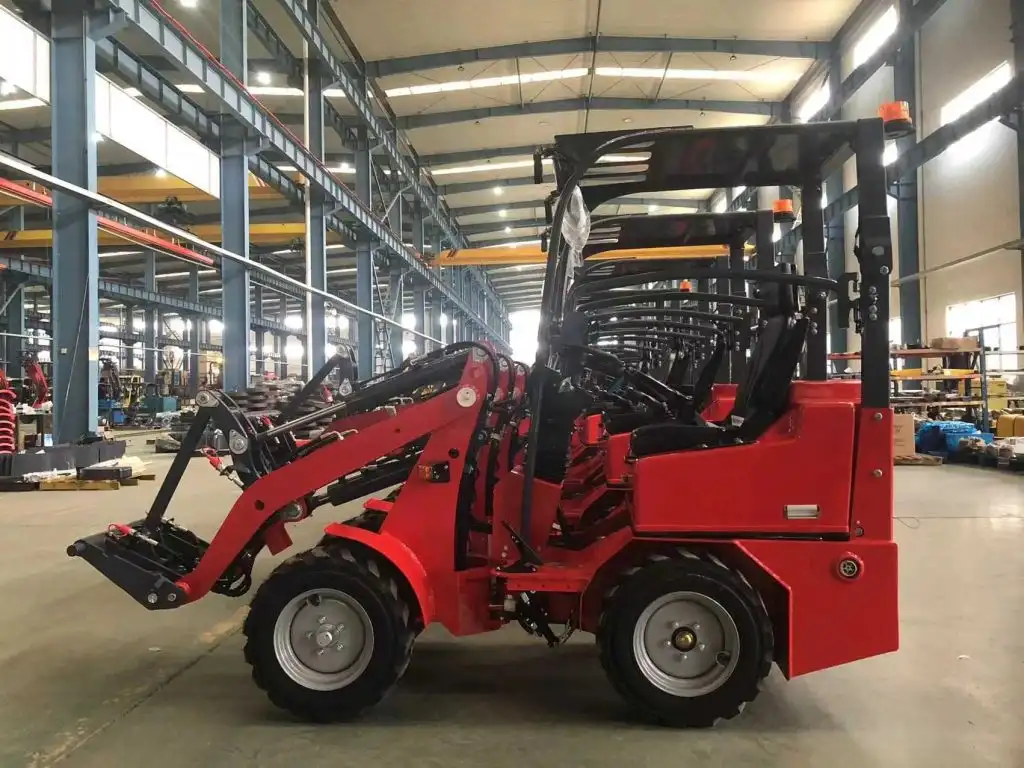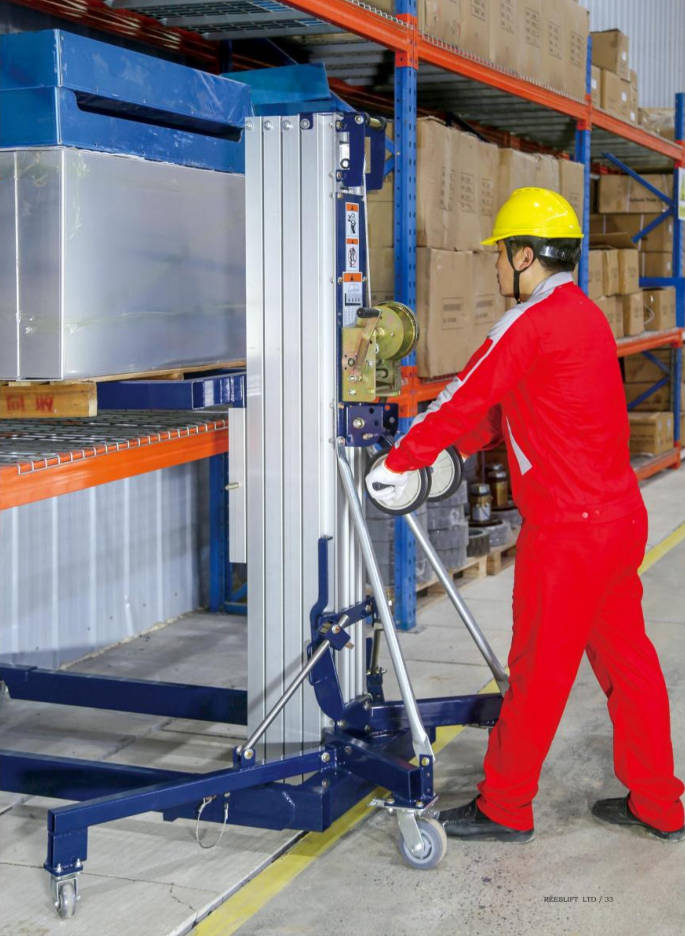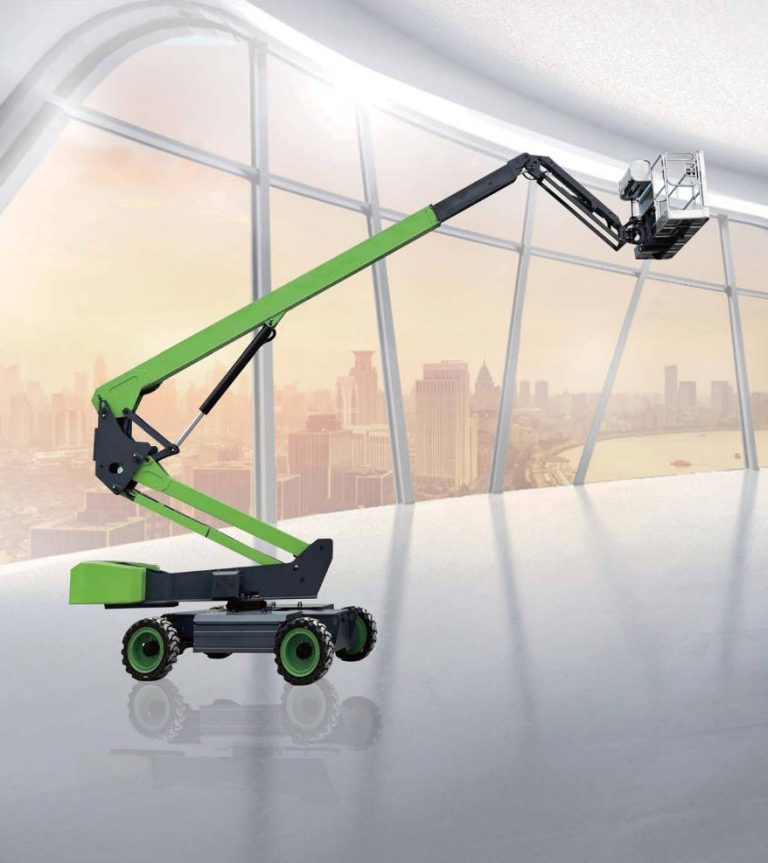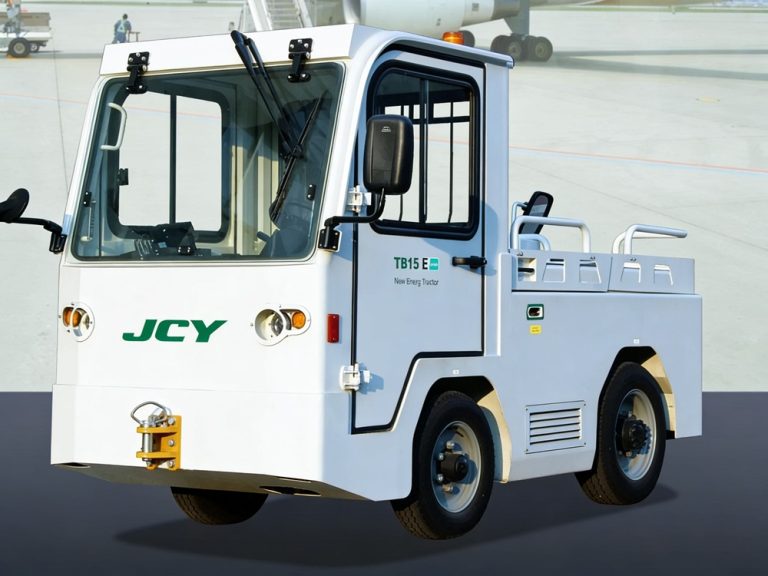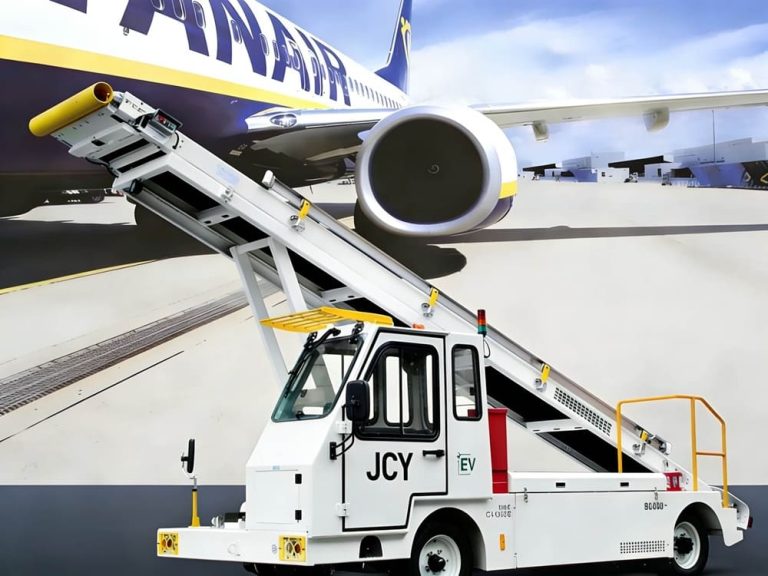What Makes a Wheel Loader Reliable?
Reliability comes from great building, simple upkeep, and holding up in tough places. Top brands spend on strong engines, heavy frames, and better hydraulics. Newer companies focus on easy service and toughness to compete. Knowing these things helps buyers pick the best fit for their long-term needs.
Main Parts Affecting Long Life
A loader’s reliability depends on key parts: the engine, transmission, hydraulic system, and frame strength. Frames made from tough steel, strong joints, and hard-wearing pins and bushings help the machine run well for many hours. Top brands often use special engine tech and solid drivetrains. This keeps performance steady over time.
Why Easy Maintenance Matters
Simple upkeep is vital for reliability. Loaders with easy-to-reach service spots, central grease points, and live problem-finding tools cut downtime. They also stop part failures. Brands using modular parts allow faster swaps or fixes. This directly helps machine uptime and overall cost.
How Work Conditions Affect Durability
Harsh weather, rough materials, or wet areas can cause faster wear. Reliable brands use sealed electric plugs, rust-proof coatings, and heavy-duty filters. This helps them survive tough spots. Machines in mining or forestry often need extra strength to stay solid under stress.
JinChengYu FORKLIFT builds wheel loaders for hard work. They use long-lasting frames and simple layouts designed for a long life.
Top Wheel Loader Brands in 2025: How Do They Stack Up?
The 2025 market has big names like Caterpillar, Komatsu, and Volvo CE. Rising players include Develon (once Doosan) and SANY. Old brands lead in global help and tech. Newer makers are closing the gap with better prices and special features. This section checks brand reputations, user comments, and how well they perform in specific jobs.
Market Leaders Overview
Leaders in 2025 include Caterpillar, Komatsu, Volvo CE, Hitachi Construction Machinery, Doosan (now Develon), Liebherr, Hyundai Construction Equipment, JCB, Case CE, and SANY. They lead worldwide due to new ideas and big dealer networks.
Comparing Brand Reputation and User Feedback
Caterpillar still leads in user happiness. Its support network is the best. Volvo CE wins praise for driver comfort and being kind to the environment. Komatsu’s SmartLoader Logic saves fuel without losing power. Develon has gained fans through good prices and solid performance. Reviews show top brands give better long-term value. But newer makers are catching up fast.
Performance in Different Jobs
Loader performance changes with the job. Mining needs high breakout force. Farming prefers easy turning. Construction cares about fast cycles. For example, Liebherr is great at precise hydraulic work. Hitachi’s ZW series shines in moving materials efficiently.
JinChengYu FORKLIFT competes well. It offers models for many industries. It focuses on user-friendly designs that match top makers.
Which Brands Lead in Engine and Powertrain?
Fuel use and clean exhaust are vital in 2025. Brands use Tier 4 Final/Stage V tech. Caterpillar’s ACERT engines, Volvo’s D-series with EGR, and Komatsu’s hybrid systems lead in power and being green. Transmission advances like ZF’s smooth shifts and Volvo’s OptiShift boost performance.
Engine Tech Compared
Caterpillar’s C-series engines use ACERT for better burning. Volvo’s D-series engines use cooled EGR systems. These cut NOx gases well. Komatsu uses hybrid diesel-electric systems in some models. This saves fuel when loads change.
Transmission Systems and Steady Operation
ZF transmissions are common in top brands. They shift smoothly and slip less under load. Volvo’s OptiShift mixes lock-up torque converters with reverse braking. This improves fuel use during repeated loading.
Fuel Saving and Meeting Exhaust Rules
Tier 4 Final/Stage V rules are standard for leaders. They use SCR or DPF systems. Hyundai uses Smart Power Control (SPC). This changes engine power based on the job. It balances power with fuel use.
JinChengYu FORKLIFT pushes clean energy. It uses low-emission engines meeting world rules. It keeps strong pulling power across its loader line.
Operator Comfort and Safety: What’s the Difference?
Driver well-being affects work output. Volvo CE sets the bar with comfy cabs and quiet operation. Komatsu and Liebherr focus on less shaking and auto-help. Safety items like 360° cameras, crash avoidance, and semi-auto modes are now normal.
Cab Design, Comfort, and Seeing Better
Volvo CE leads with wide-view cabs. They have quiet cabins and air-ride seats. Komatsu uses joystick steering. This cuts driver tiredness over long shifts. Changeable control panels fit different people better.
Built-in Safety Tech and Auto Help
Top models have safety as standard. This includes rear cameras, object radar, and ROPS/FOPS safe cabins. Caterpillar has built-in weight sensors. Hitachi offers auto-digging modes for semi-auto work.
Quieter Cabs and Less Shaking
Brands like Liebherr use cab pads and hydraulic dampers. These cut down shaking. Doosan’s DL-series has quiet engine areas. Cab noise stays below 72 dB(A).
JinChengYu FORKLIFT cares about the driver. It uses comfy cab layouts with better views. Low-shake designs aim to cut tiredness during long jobs.
How Does After-Sales Help Affect Reliability?
A good service network defines long-term reliability. Caterpillar’s global parts, Volvo’s predictive fixes, and Hyundai’s local warehouses cut downtime. Warranties and tech training also set top brands apart.
Parts Availability and Service Networks
Good parts supply means less downtime during fixes. Caterpillar leads worldwide. Its dealers have parts ready. Brands like Hyundai have added local warehouses. This meets growing demand faster.
Warranties and Maker Support
Standard warranties run 2 years/4,000 hours. Some go to 5 years. Makers include telematics-based predictive care in warranties. This spots problems before they break.
Training for Drivers and Techs
Volvo CE offers certified training using simulators. Komatsu has digital guides for fixing issues. JCB holds local workshops. These improve user skills.
JinChengYu FORKLIFT boosts after-sale reliability. It has a quick service team network. Local parts stocks ensure fast repairs.
Which Wheel Loader Brands Give the Best Value?
Total cost of owning (TCO) depends on fuel use, repair costs, and resale price. Caterpillar and Volvo keep high resale prices. Brands like SANY and JinChengYu FORKLIFT offer budget picks with good long-term use. Leasing and finance also help with cost.
Total Cost Over the Machine’s Life
Buying price matters. But long-term costs like repair frequency, fuel use, and part changes define true value. Brands like Volvo CE cost more upfront. But they cost less over time due to better fuel systems.
Resale Value Trends by Brand in 2025
Caterpillar keeps the highest resale value worldwide. People know and trust the brand. Machines last long. Komatsu also holds value well. People want them used.
Finance and Leasing Choices
Leasing deals from makers help cut big spending. This is good for smaller builders wanting more machines without big upfront money.
JinChengYu FORKLIFT gives strong value. Its machines cost less to buy. Low-cost repair plans aim for the best long life.
Is JinChengYu FORKLIFT a Reliable Wheel Loader Maker?
JinChengYu FORKLIFT is now a strong competitor. It sells tough loaders for hard jobs. By focusing on quality checks, happy buyers, and local service, it appeals to those wanting good value options to top brands.
Company Background and Product Highlights
JinChengYu FORKLIFT makes forklifts and wheel loaders. These are for factories and warehouses. Their products include diesel loaders. Sizes range from small helpers to big machines for heavy work.
Focus on Quality, Toughness, and Happy Buyers
The company stresses strict checks during building. Field tests make sure gear works right in real jobs. User comments note their drive for steady results in different jobs, including building sites.
World Reach with Local Service Help
Selling in Southeast Asia to Africa, JinChengYu FORKLIFT helps local needs. It uses multilingual tech teams. It keeps parts easy to get and cheap in its areas.
Final Thoughts on Picking a Reliable Brand
Choosing a reliable wheel loader brand needs balance. Weigh core build quality against after-sales help. Match this to your job needs—like mining power or city work speed. Compare engine efficiency and driver safety. This ensures both machine life and driver happiness.
FAQs About Wheel Loader Brands
What matters most when picking a brand?
Reliability comes from build quality and strong service help. Pick brands with tough parts and quick repair teams.
Are newer brands as reliable as old ones?
Some newer makers like JinChengYu FORKLIFT show good reliability. They spend on research. But they might not have the long trust of names like Caterpillar or Volvo CE.
How often should a loader be checked to stay reliable?
Check every 250–500 hours, based on how hard it works. Bigger fixes usually happen every 2,000 hours. Follow the maker’s guide.
